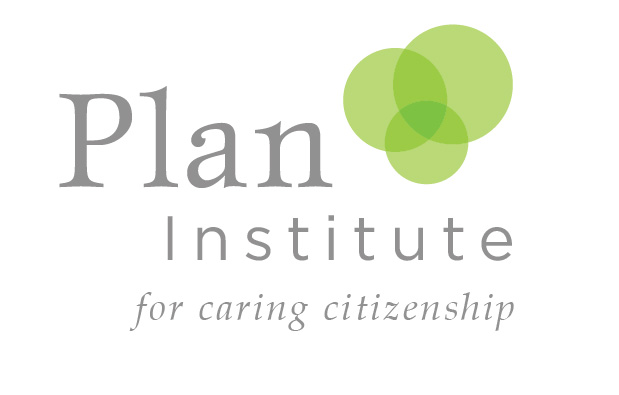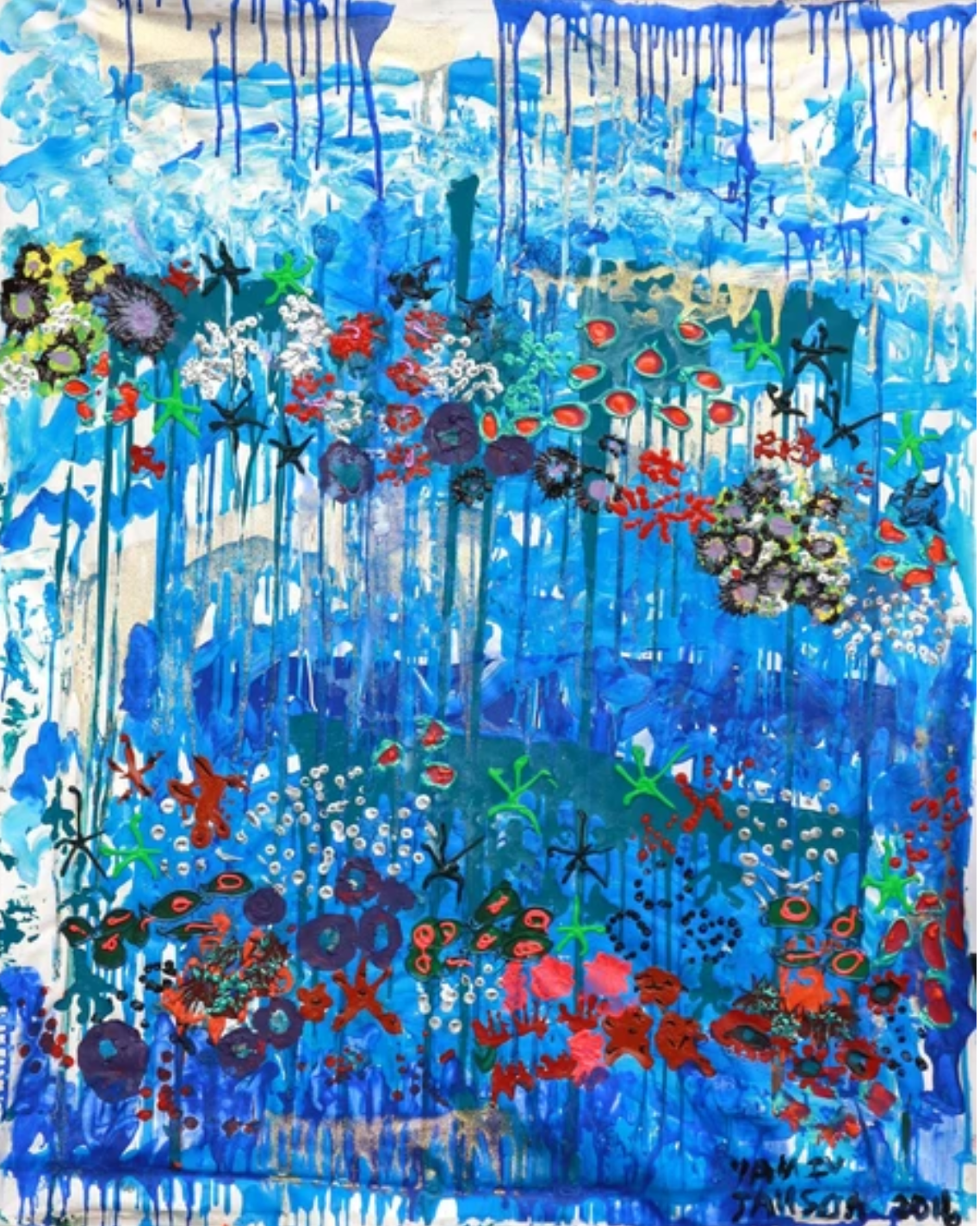
Dear Reader
Welcome to the Disability Digest.
If you are a first time reader, this Digest was created to correct what history has overlooked, the contributions of people with disability. Since the beginning of time people with disability have produced exquisite works of art, made us laugh, and touched our souls. They have fought for justice, been instrumental in the growth of freedom and democracy, and unveiled the secrets of the universe.
As you will soon discover disabled people are still doing all these things and more. Each issue of the Disability Digest leads with a work of art, followed by short profiles, important dates and Did-you-know facts.
This issue highlights film maker Bonnie Sherr Klein, spiritual teacher Ram Dass, and the most decorated spy of WW2, Virginia Hall.
Enjoy – Al
This week in history ...
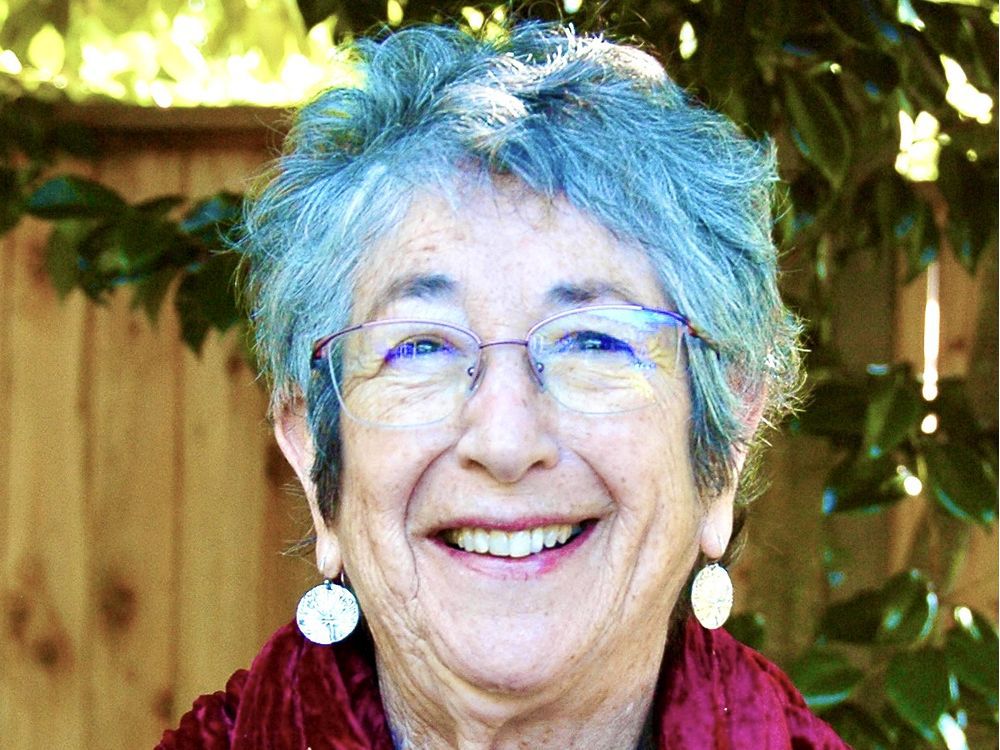
On April 1st award winning film maker and author Bonnie Sherr Klein was born (1941). Klein ran Studio ‘D’ the feminist unit at the National Film Board of Canada. She directed Not a Love Story a documentary about the pornography industry. It remains one of the Studio’s most commonly screened films.
Film making and feminism defined her identity until a summer weekend when the first of her two major strokes happened. Klein tells the story of her recovery and of settling into a new identity as a woman with a disability in her book, Slow Dance – A Story of Love, Stroke and Disability.
At the end of her book Klein writes:
Before my stroke, I had a mistaken notion that feminism meant “independence” ; the unspoken corollary was that disability (and aging) meant shameful dependence on others. What I have learned finally is that in asking for help I offer other people an opportunity for intimacy and collaboration. Whether I’m asking for me personally or for disabled people generally, I give them the opportunity to be their most human. In Judaism, we call this gift a mitzvah.
Klein’s most recent book is the children’s story Beep Beep Bubbie.
“Living with disability is an art,” says Klein. “Our various and unique disabilities compel us to create innovative paths around obstacles. In both content and form, we are taking risks that only we can take.”
Click here for a short video interview I did with Bonnie on the power of asking for help
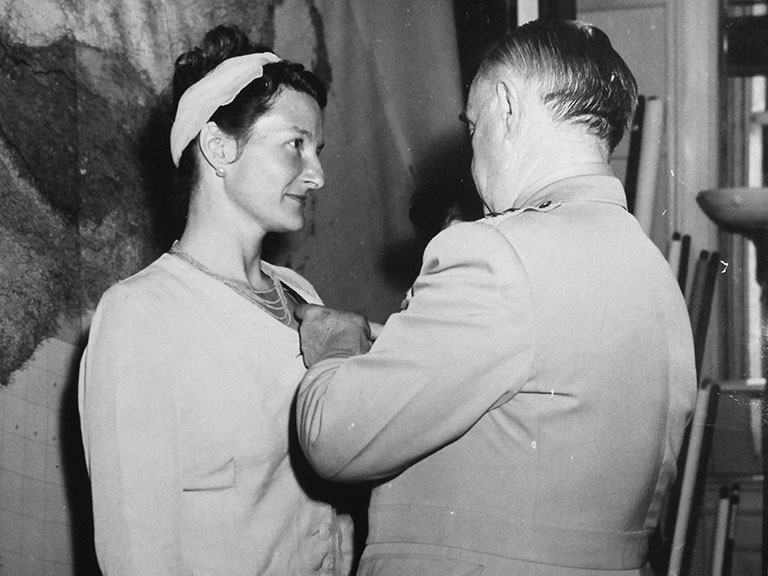
On April 6th Virginia Hall, the spy who terrified the Nazis, was born in Baltimore Maryland (1906). Her dream of becoming a diplomat ended when she accidentally shot herself while hunting in Turkey. Her leg was amputated. She named her prosthetic leg “Cuthbert.” US State Department policy excluded anyone with “any amputation of a portion of a limb” from employment so she went to France to study. When WW2 broke out she joined the British spy service and became the first spy, sent to occupied France.
From her base in Lyon she operated a series of spy networks and safe houses. She trained 1,500 French resisters in guerrilla warfare. Her team blew up bridges, and supply lines. They rescued downed pilots and helped captured agents to escape.
Hall spoke several languages and excelled at disguise and evasion,. She was so effective that the notorious head of the Gestapo, Klaus Barbie “the butcher of Lyons,” ordered a France wide search to find her. He mockingly described her as the “Limping Lady.” His posters read: “The Enemy’s Most Dangerous Spy — We Must Find And Destroy Her!” Hall was never caught. She escaped by trekking across the Pyrenees in the winter.
After the war Hall was made an honorary member of the British Empire. France awarded her the Croix de Guerre. She also received the US Army’s Distinguished Service Cross for extraordinary heroism, the only one awarded to a civilian woman in WW2. She refused President Truman’s offer of a public ceremony. She opted for a private event (pictured above) with only her mother present because she had joined the newly formed CIA and thought the publicity would blow her cover. Despite her expertise and experience the CIA gave her a desk job. A declassified report eventually revealed that she was held back, “because she had so much experience that she overshadowed her male colleagues, who felt threatened by her.”
Virginia Hall left no memoir, gave no interviews and seldom spoke to her family about her days as a spy. A movie about her life, A Call to Spy, is available on Netflix. Here is a short History Channel profile. Her most recent biography is A Woman of No Importance by Sonia Purnell. In 2016, the CIA named a building after Hall. “Cuthbert” is on display in the CIA Museum.
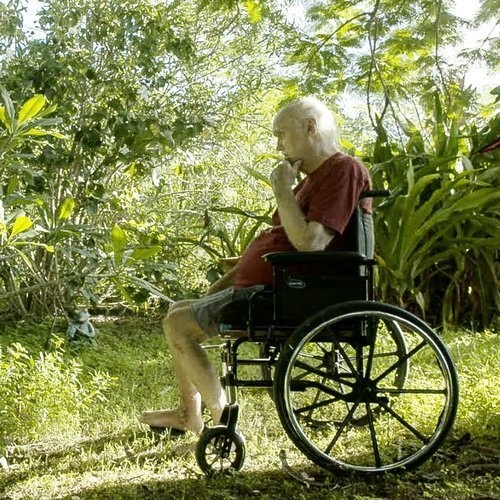
On April 6th Ram Dass, spiritual teacher and author of Be Here Now was born (1931). Ram Dass means “servant of God.” In 1997 he had a stroke that paralyzed him on one side and limited his ability to speak. That’s when he learned, as he described it, to “surf the silence,” and to use a wheelchair.
“I don’t wish you the stroke, but I wish you the grace of the stroke,” he told an interviewer in the 2017 film Ram Dass: Going Home. “Make friends with change,” he said including changes to your body and the ultimate change, death. “Death is the biggest change we’ll face, so we need to practice change,” he added.
Ram Dass died in December 2019. He was eighty-eight. “Suffering only shows where you are attached,” he said. “That is why to those on the path, suffering is grace.”
Did you know?
More and more autistic people disagree with the April 2nd designation, World Autism Awareness Day. They believe that acceptance matters more than awareness. You can follow their reasons at #RedInstead, #ActuallyAustistic, and #autismacceptancemonth.
Autistic people chose the colour red to protest organizations who use the colour blue to promote awareness, while raising money for a cure. They don’t want “neuro-typicals” to speak on their behalf. They ask that you pay attention to autistic people. They want to be accepted for who they are. They do not want to be cured.
Three books by autistic people are:
- Yaniv Janson’s art book, Please do Touch. The book connects art with the UN’s Sustainable Development Goals, and disability. “A Happy Sea” that begins this Digest is from that series.
- Naoki Higashida’s The Reason I Jump. It was written when Higashida was 13 years old. It features his answers to 58 questions about his autism. It is now a major motion picture.
- John Elder Robinson’s memoir Look me in the Eye. Robinson is a Neurodiversity Scholar in Residence, at William and Mary College.
Brought to you by the book The Power of Disability: 10 Lessons for Surviving, Thriving & Changing the World.
Receive your weekly copy of the Disability Digest.
This project is a collaboration between Al Etmanski, Plan Institute, and Planned Lifetime Advocacy Network (PLAN).
